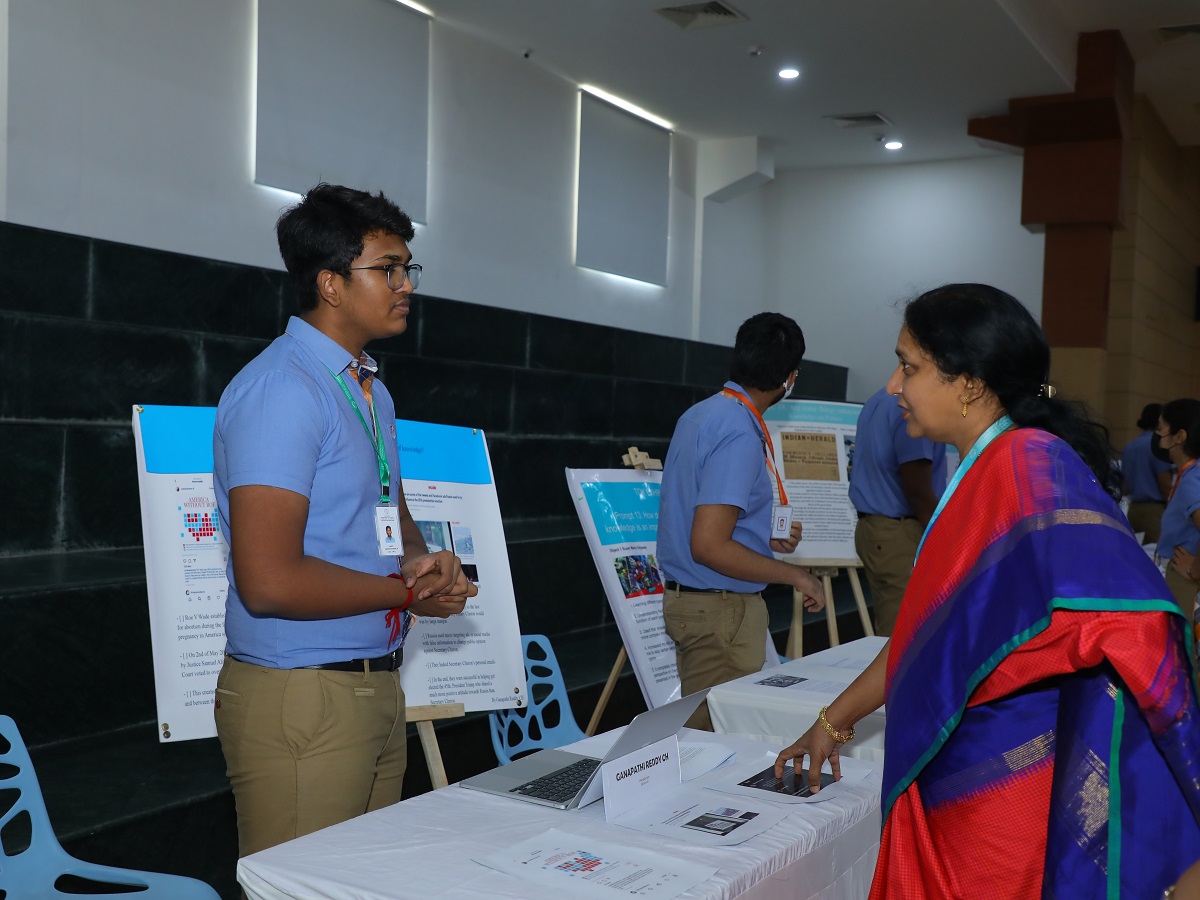How we know what we know: Importance of Theory of Knowledge for students
- 22 August 2022


“Education is what remains after one has forgotten what one had learned in school.”
Albert Einstein
In line with what Einstein asserts, the IB educational philosophy aims to develop internationally minded people who, recognizing their common humanity and shared guardianship of the planet help to create a better and more peaceful world. The program specifically aims to inspire a lifelong quest for learning hallmarked by enthusiasm and empathy. One unique component of the IB Diploma Programme is the Theory of Knowledge (TOK).
What is TOK?
The TOK course provides students with an opportunity to explore and reflect on the nature of knowledge and the process of knowing, in short, how do you know what you claim to know? In TOK students reflect on the knowledge, beliefs, and opinions that they have built up from their years of academic studies and their lives outside the classroom. It emphasizes comparisons and connections between areas of knowledge and encourages students to become more aware of their own perspectives and the perspectives of others. The course is intended to be challenging and thought-provoking as well as empowering for students. In other words, the TOK Course fosters critical thinking. The IB Diploma Programme’s inclusion of TOK as a core component is rather crucial as the critical thinking skills that it fosters enable students to distinguish between what is credible or otherwise.
Assessment in TOK
In an attempt to encourage and instill independent thought and critical thinking in students, the TOK course has a set of assessment tasks. The assessment tasks are engaging and implicitly allow students to develop and hone the much-required critical thinking skills. The critical thinking skills addressed specifically through these assessment tasks include: uncovering and challenging biases and their underlying assumptions, positioning, justifying a perspective in the light of robust evidence, developing arguments and counter perspectives, uncover vested interests, understanding ideologies, and more.
The two assessment tasks include:
TOK and the Real World
We are living in a world of fads, over-simplifications, sweeping generalizations, polarised and extremist positions, and misinformation. All of this is very visible in the spectra of politics, social media, vested religious interests, and everyday life which makes it rather challenging for us to distinguish between what is reliable and what is not. The critical thinking skills and approaches learned through TOK equip students with the most relevant methodological tools to validate sources, scrutinise arguments, evaluate robust evidence to claims and identify ideological biases behind assumptions to address any real-world issue. Furthermore, it allows them to evaluate and navigate effectively in an uncertain world that is characterized by polarised viewpoints. In short, it allows students to weigh arguments and their underlying assumptions and arrive at balanced conclusions. In the course of developing these skills, students become independent learners.
TOK also challenges students to be intellectual risk-takers and to question what they hold to be true. It encourages intellectual humility and encourages students to gain and apply their knowledge with greater awareness and responsibility. Reflecting on how we may be wrong and how the world may seem to someone else helps students to become more aware of the assumptions and values that influence our thoughts and actions. Therefore, this course helps students to reflect on their growing understanding of themselves and of the world around them.
Ms. Arshiya Bari
Associate Diploma Program Coordinator and TOK Coordinator

Hyderabad, Gachibowli

Hyderabad, Bachupally

Visakhapatnam

Mohali
Bengaluru